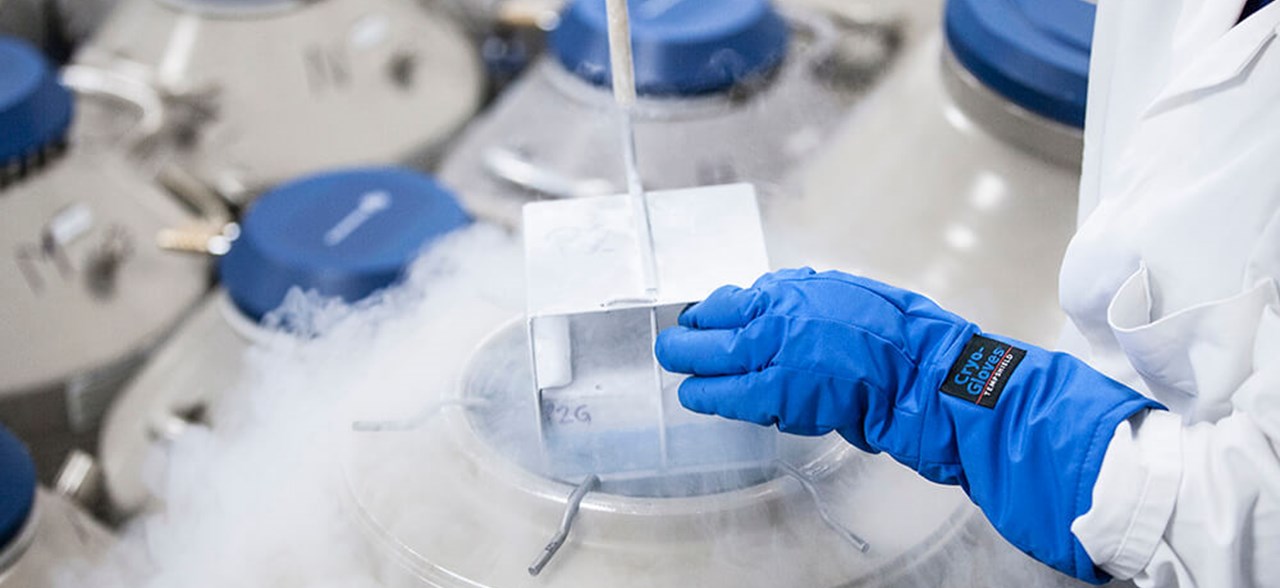

E-Brochure - Download Now!


According to research, women who have frozen their own eggs before turning 30 have the highest live birth rates. These eggs are probably of higher quality, increasing the likelihood that you will use them.
According to a recent study, most women freeze their eggs around the age of 37 via Egg freezing in Mumbai. This raises a red flag because, at this age, fertility begins to decline. So, it is preferable to freeze your eggs before you turn 36 if you want to guarantee better quality eggs and a higher chance of having a live birth. On the other side, it is advised that you freeze sperm via sperm freezing before you turn 36 because sperm quality also decreases with age.
Fertility preservations aren’t a new concept and numerous people are already making an informed choice of delayed conception due to their own specific reasons.
In layman’s language, the ability to freeze one's eggs and sperm when they are young and use them later, when one feels ready to start a family, is known as fertility preservation. This is a choice for those who don't want children right away or for those who experience infertility as a result of illness or medical intervention (like cancer and chemotherapy).
What does fertility preservation entail?
Sperm can be frozen fairly easily during sperm freezing in Mumbai. Moreover, Semen collection and masturbation are involved in the process. Besides, sperm can also be extracted surgically if masturbation is impossible due to a medical condition. In a nutshell, cryopreservation is the process of storing collected sperm for later use by freezing it in liquid nitrogen.
As it requires surgery to remove the eggs from the ovaries, Egg freezing in Mumbai is a little more involved than it is for sperm. A woman creates one mature egg each month. But in order to freeze eggs, a woman must induce multiple egg production from her ovaries.
Over a period of 10 to 14 days, FSH injections are given daily to achieve this. The woman administers GnRHa injections after the follicles have grown sufficiently to prevent ovarian hyperstimulation and promote egg maturation.
36 to 40 hours later, the eggs will be removed surgically and with the aid of ultrasound. This procedure will be done while you are sedated or under general anesthesia. You might experience some vaginal bleeding and cramping after the procedure. The risks of this minimally invasive procedure, which include bleeding, bowel or bladder perforation, and potential infection, are less than 1 in 1000. To preserve the eggs for later use, they will be frozen.
What about the success rates?
Not every egg, sperm, or embryo that is harvested makes it through the freezing and thawing process. The freezing techniques, such as slow freezing or flash freezing, are one of the main reasons behind it.
Up until the final storing temperature is reached, the slow freezing process takes a few hours. However, the most recent technique of flash freezing, known as verification, is much faster, doesn't produce ice crystals, and doesn't harm the egg, embryo, or blastocysts.
Once the eggs, sperm, and embryos are thawed and ready to be used, flash freezing appears to have higher success rates. Compared to 50% survival with slow freezing, embryos have a 95% survival rate during freeze-thaw cycles. Additionally, this is a better method of freezing eggs, which have a survival rate of over 90% during freeze-thaw cycles (as opposed to about 66% during slow freezing). Even if egg freezing doesn’t work, you always have an option to go for Egg donation.
Final words
It might be worthwhile to think about fertility preservation if you are young and not ready to have children right away but want to have them in the future. Although it's not a 100% guarantee, it gives you more options when making family planning decisions. Discuss your situation with your doctor. To help you think through the process and its implications and make an educated decision, you can also speak with a counselor.